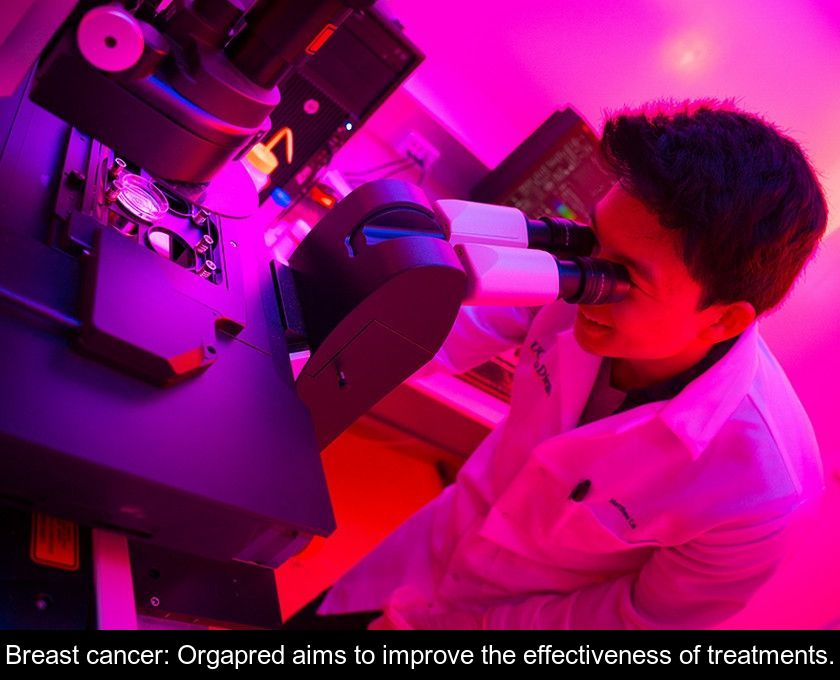Breast Cancer: Orgapred Aims To Improve The Effectiveness Of Treatments.
On the occasion of Pink October, doctors, researchers, and companies are mobilizing in favor of breast cancer screening and management. This cancer, which is the most common among women, is being increasingly better treated thanks to initiatives like Orgapred. We invite you to discover this very promising medical research project.
A platform made in France.
One of the most promising research tracks in the treatment of breast cancer is the medical research platform Orgapred.
It is a French research platform, affiliated with the University of Caen Normandy and hosted by the François Baclesse Cancer Center.
Its purpose is to produce tumor organoids (also called tumoids) for research and prediction of treatment response.
Micro-tumors for testing treatments
The Orgapred research platform uses samples of tumors taken from breast cancer patients to produce tumoids.
Tumoids are three-dimensional multicellular structures, similar to micro-tumors, that faithfully reproduce the characteristics of the original tumor.
To obtain these tumor organoids, researchers culture the cancer cells taken from patients in a matrix for several weeks.
The main interest in cultivating cancer cells lies in the possibility of using them for tests in fundamental research or clinical research. One of the main research areas of the ORGAPRED platform is the evaluation of treatment response.
This platform is open to any professional user in the research and industry field in order to improve knowledge of different types of breast cancer and develop new molecules or therapeutic strategies.
A very promising prediction tool
Thanks to the production of tumoroids, the Orgapred platform aims to identify the most suitable treatment for each patient with breast cancer.
Cancer cells cultivated in the laboratory allow for testing of chemotherapy and radiotherapy treatments in order to determine the most effective protocol on a case-by-case basis.
The researchers working on this project hope to see it come to fruition within 5 years. The goal is to provide personalized treatment for each patient from the beginning of their care and to develop increasingly effective therapeutic strategies against this very common cancer.
Not one, but several breast cancers.
If medical research strives to develop personalized therapies against breast cancer, it is because this expression does not refer to one, but several types of cancers.
Generally, three types of breast cancer are distinguished based on biomarkers present on the surface of cancer cells: hormone-dependent, HER2+, and triple negative.
Hormone-dependent cancer represents 70% of cases, while the other two types each affect 15% of patients. Additionally, some patients have a genetic predisposition related to mutations in the BRCA gene.
Since breast cancers are multiple, it is even more interesting to be able to predict the response of patients to treatments using the tumoroids produced, preserved, and treated by the Orgapred platform.
To learn more about this research platform and the work it carries out, we invite you to visit the official website below.






